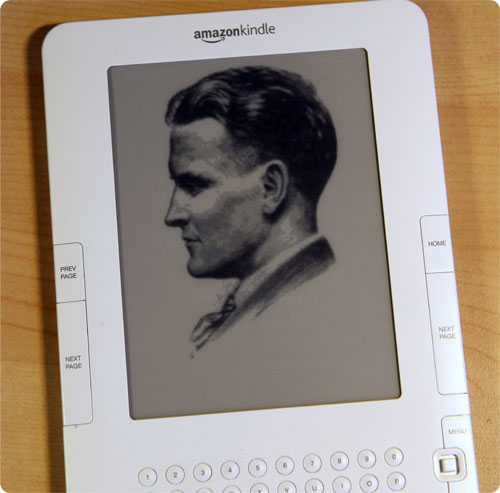If you followed the Academy Awards ceremony this year, you must have heard about The Curious Case of Benjamin Button nominated for Best Picture. The movie was inspired by a short story of the same name written by F. Scott Fitzgerald, another prominent author among American classics.
Now available in Kindle edition, the story was first published in 1921 in Colliers Magazine and then included in F. Scott’s Fitzgerald’s anthology, Tales of the Jazz Age, which is sometimes titled The Curious Case of Benjamin Button and Other Jazz Age Stories. They say, the story was written after Mark Twain had remarked that it was a pity that the best part of life came at the beginning and the worst part at the end.
If you’re willing to read or re-read Mr. Fitzgerald’s masterpiece, The Great Gatsby, you may download it in the Cambridge edition from Amazon. First published in 1925, the novel found success only twenty years later; now it is ranked second in the Modern Library’s list of the 100 Best Novels of the 20th Century, yielding only to Ulysses by James Joyce. “A portrait of the Jazz Age in all of its decadence and excess, Gatsby captured the spirit of the author’s generation and earned itself a permanent place in American mythology.”
Tender is the Night is ranked #28 on the same list. In the story a young bright psychoanalyst married his patient to help her overcome her illness; while his wife gets stronger, he is eventually destroyed by the marriage – emotionally and professionally. The book seems very personal and tragic – when the author was working on the book, Fitzgerald’s wife Zelda was diagnosed and hospitalized with schizophrenia. As the writer himself said, “Gatsby was a tour de force, but this is a confession of faith.”
Genius is the ability to put into effect what is on your mind.
-F. Scott Fitzgerald
